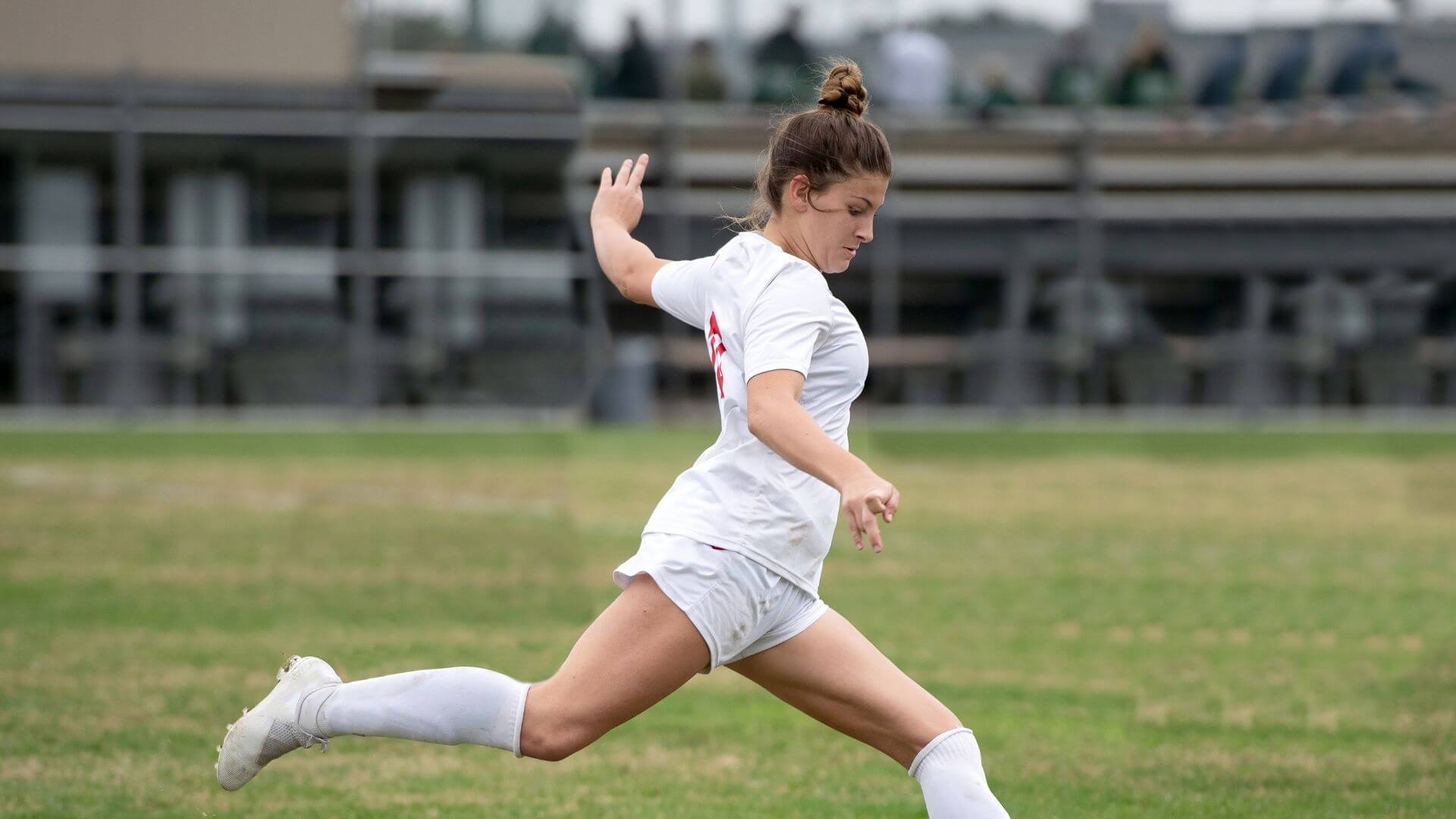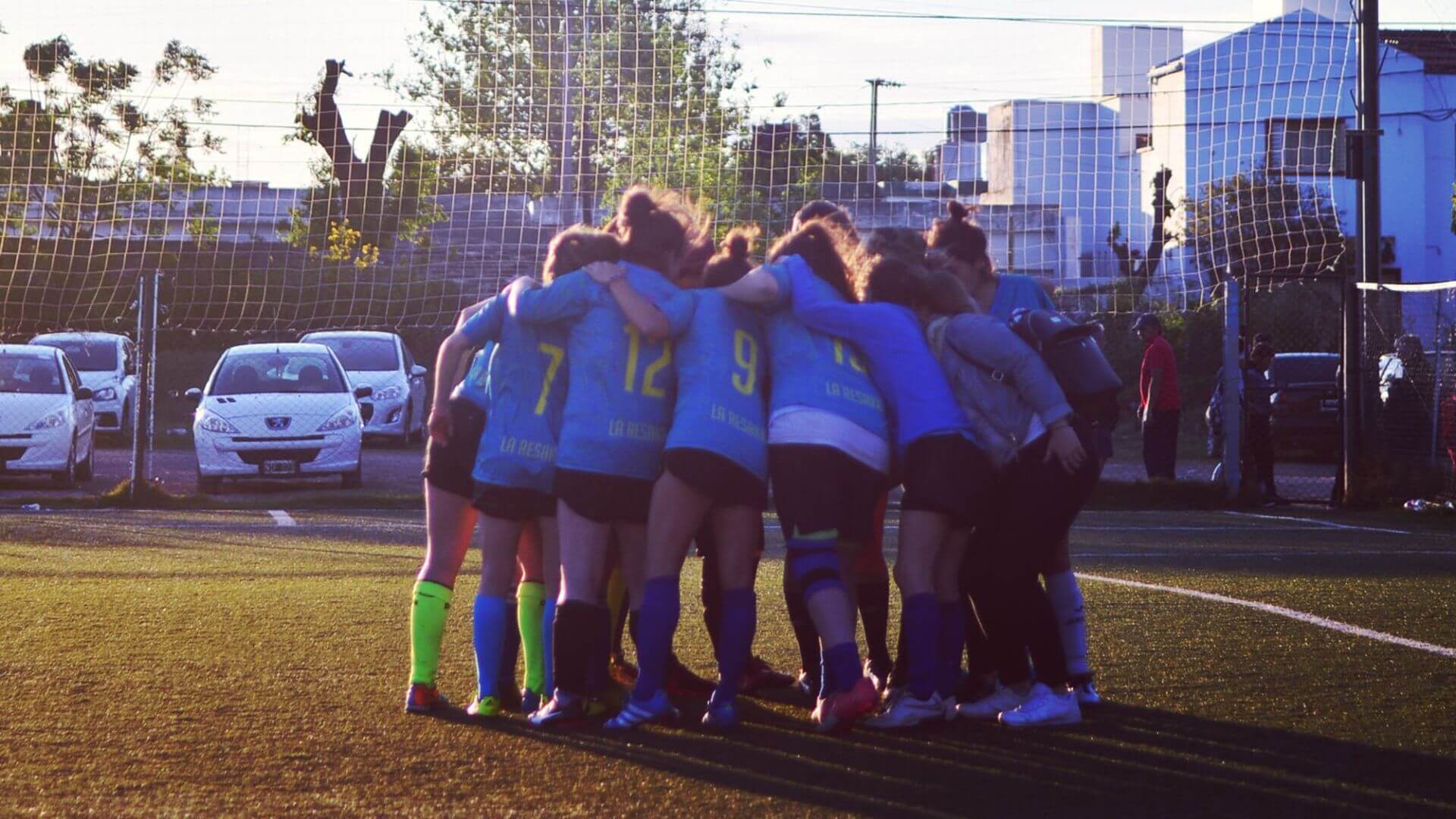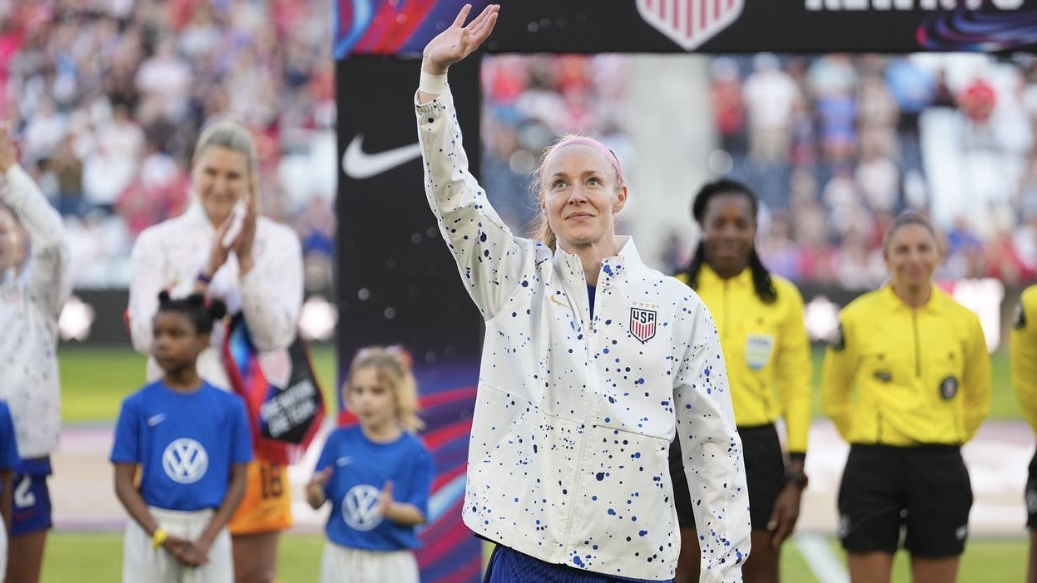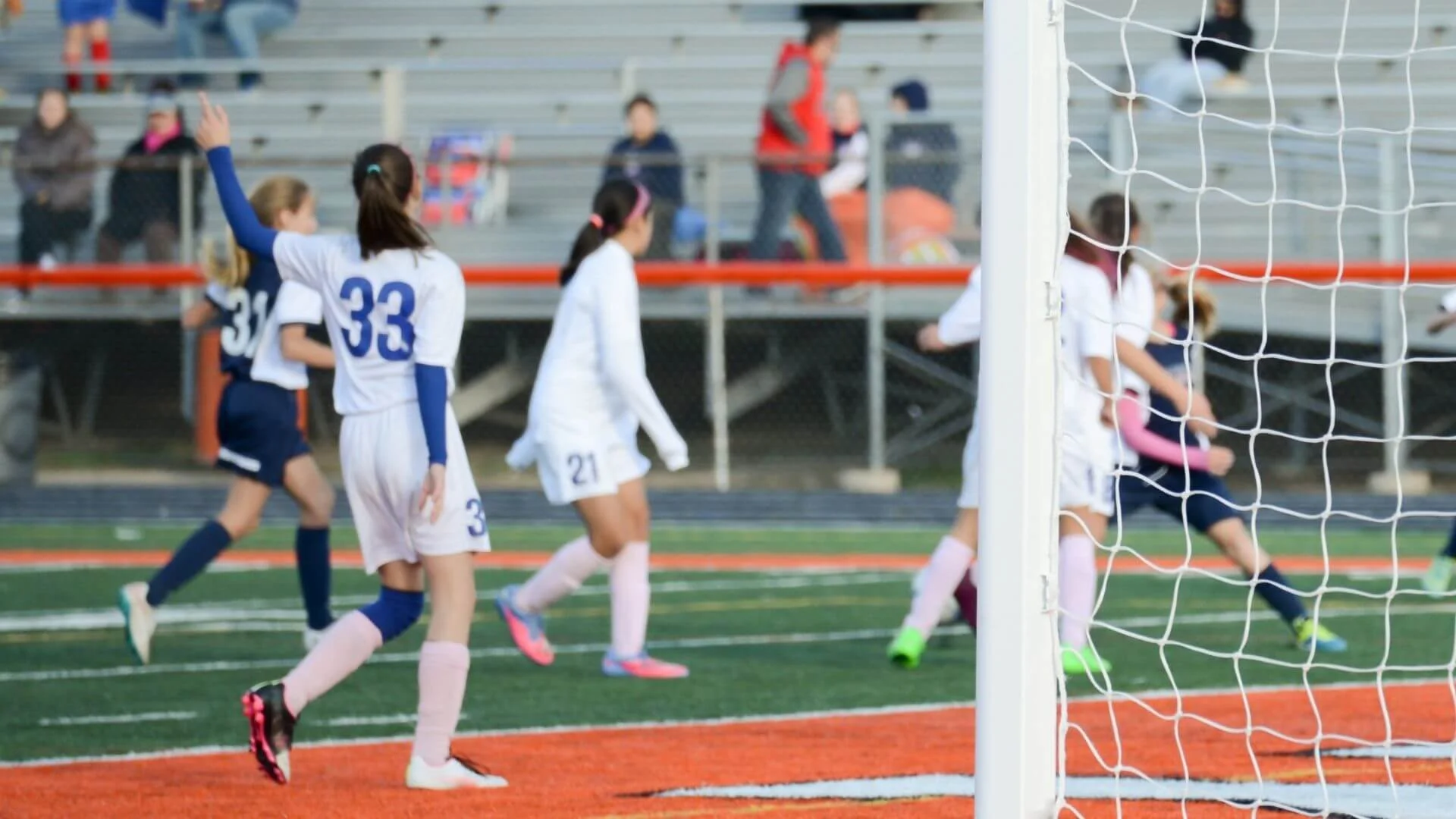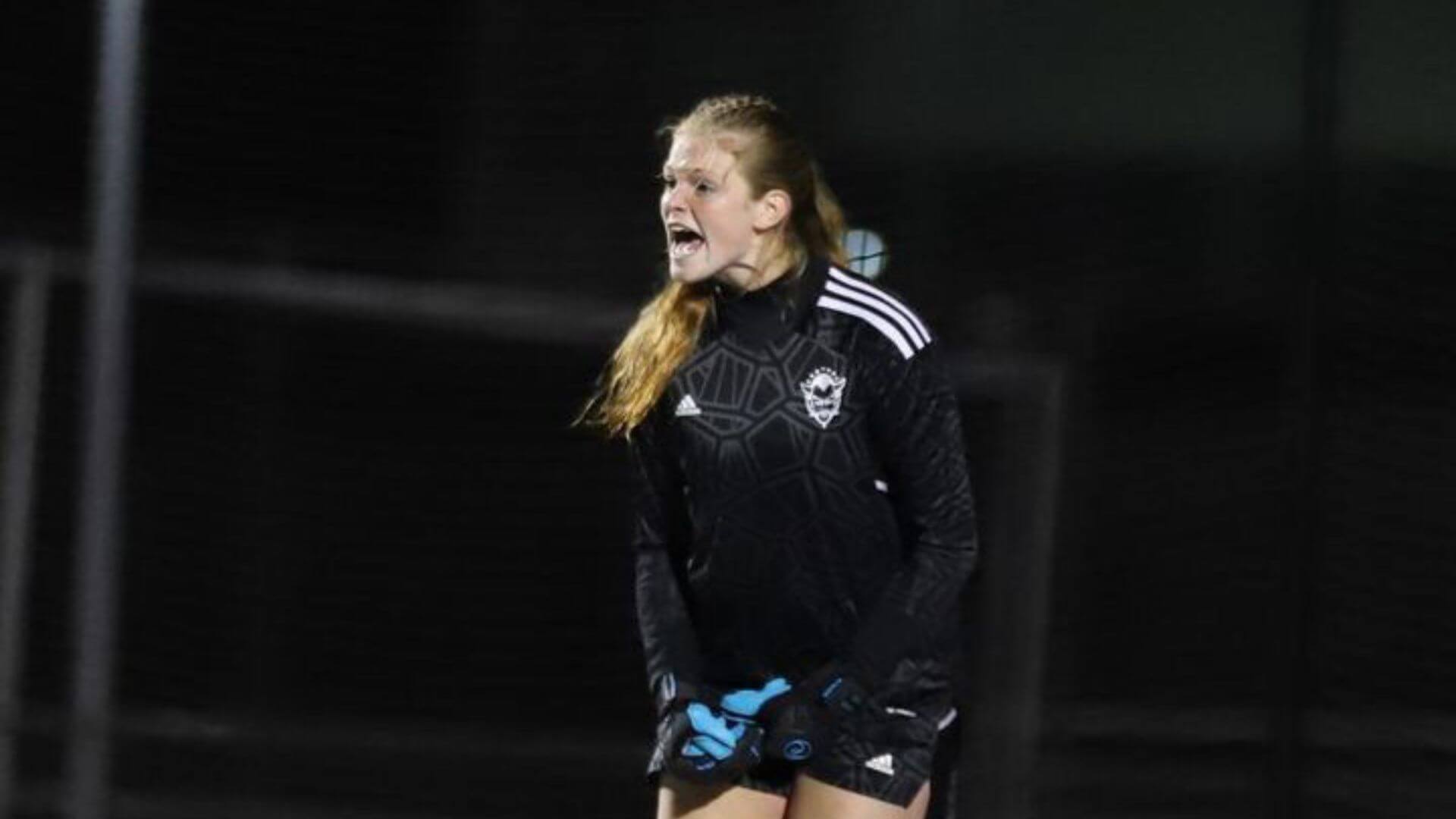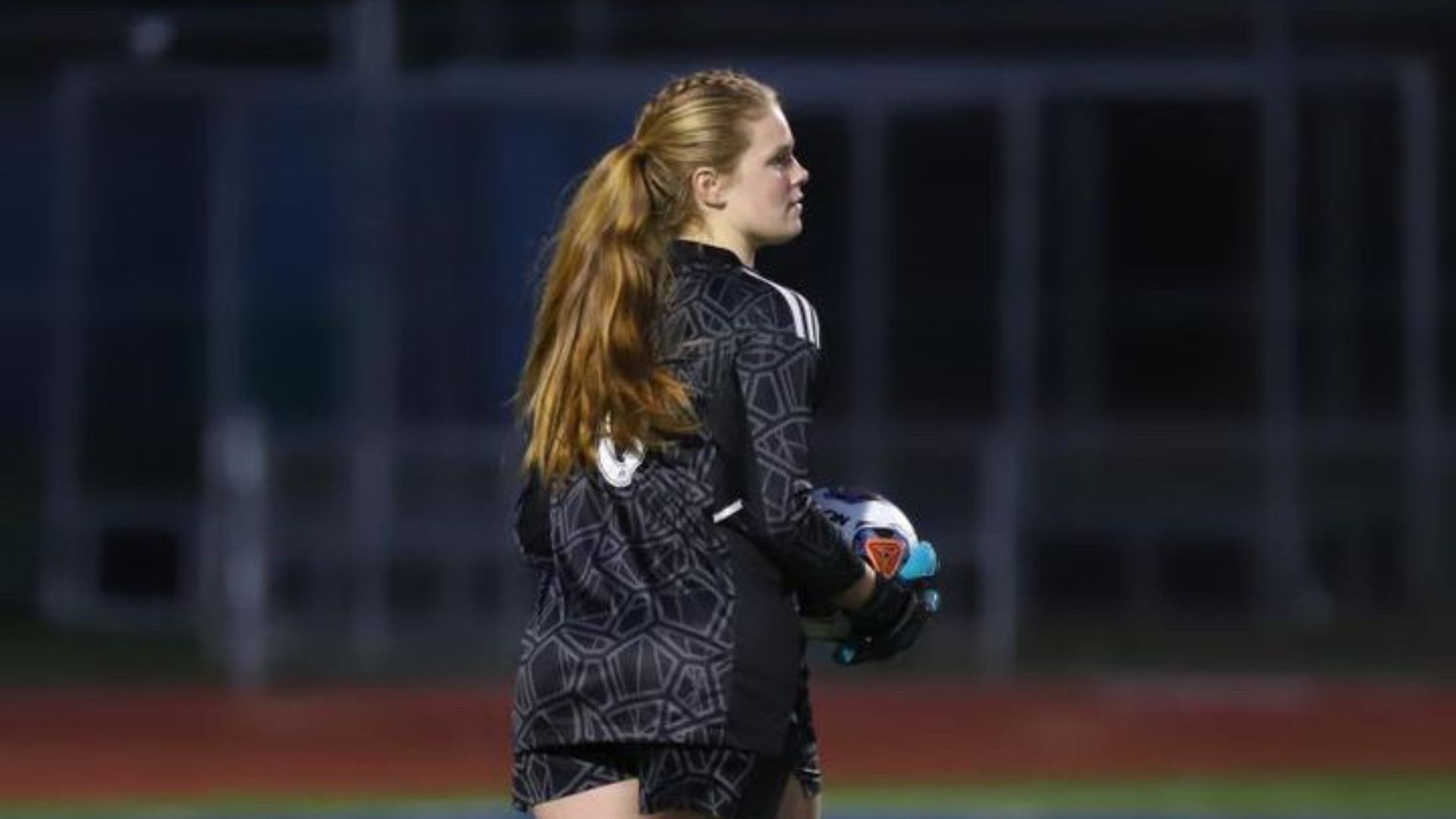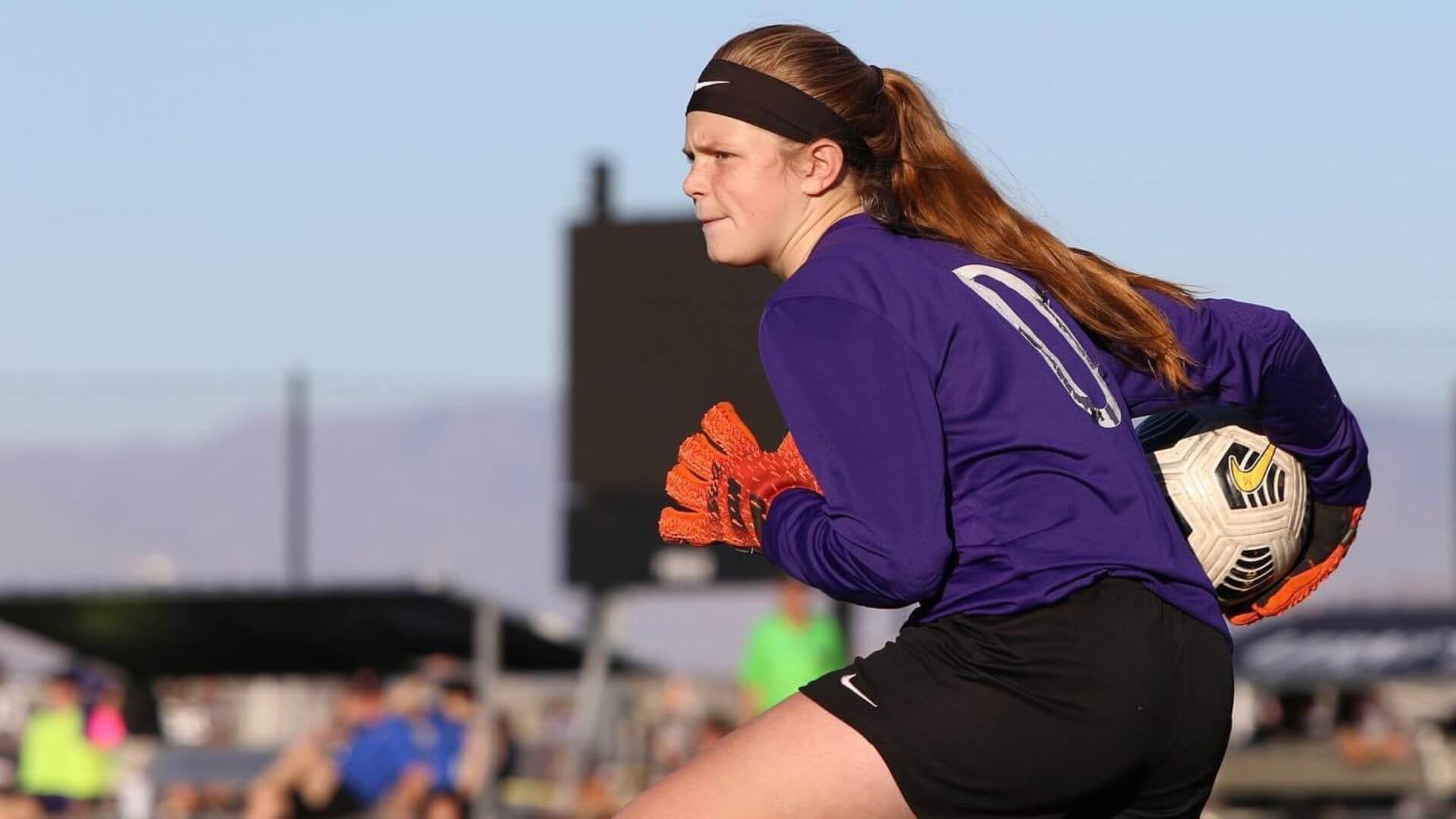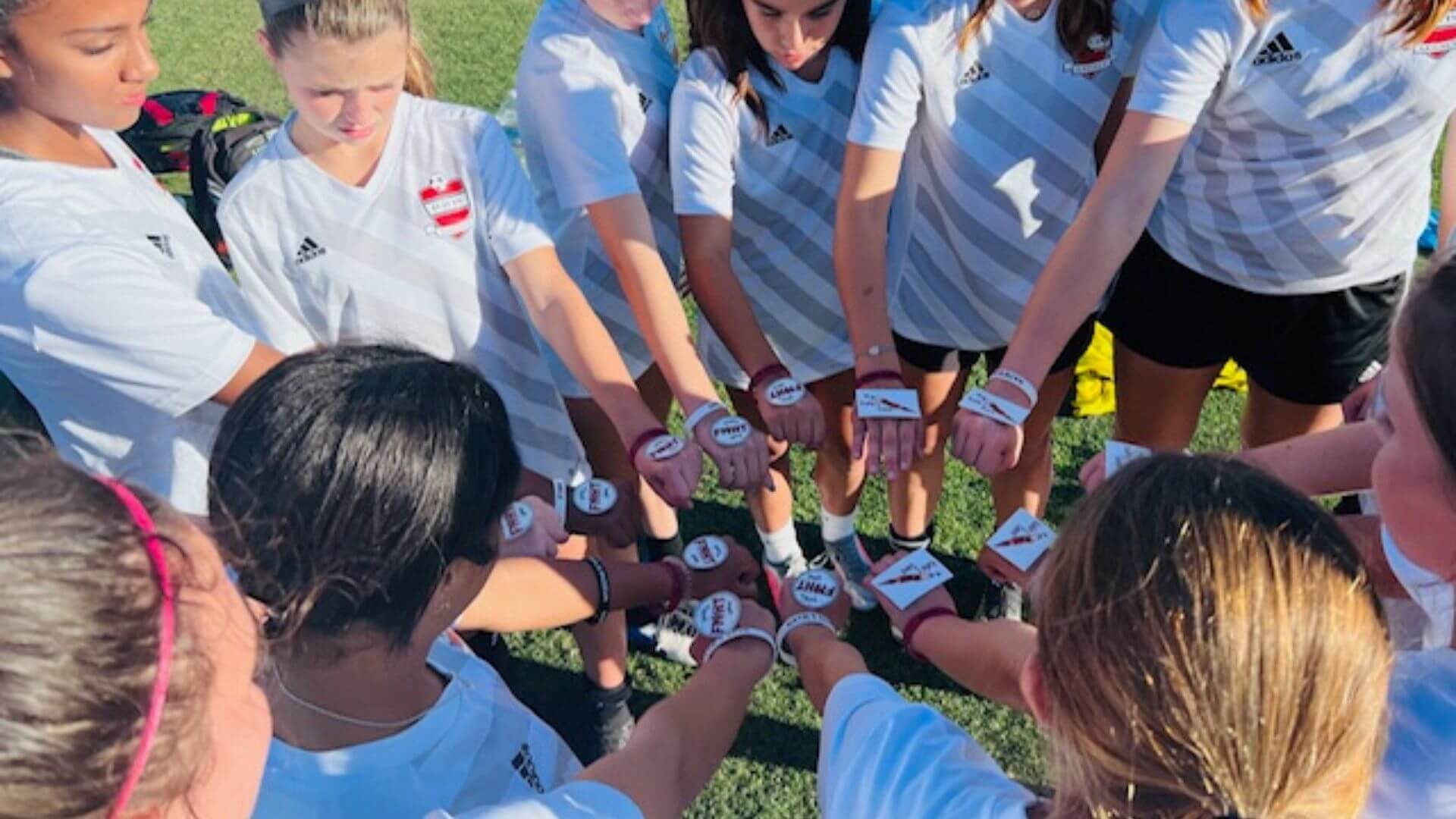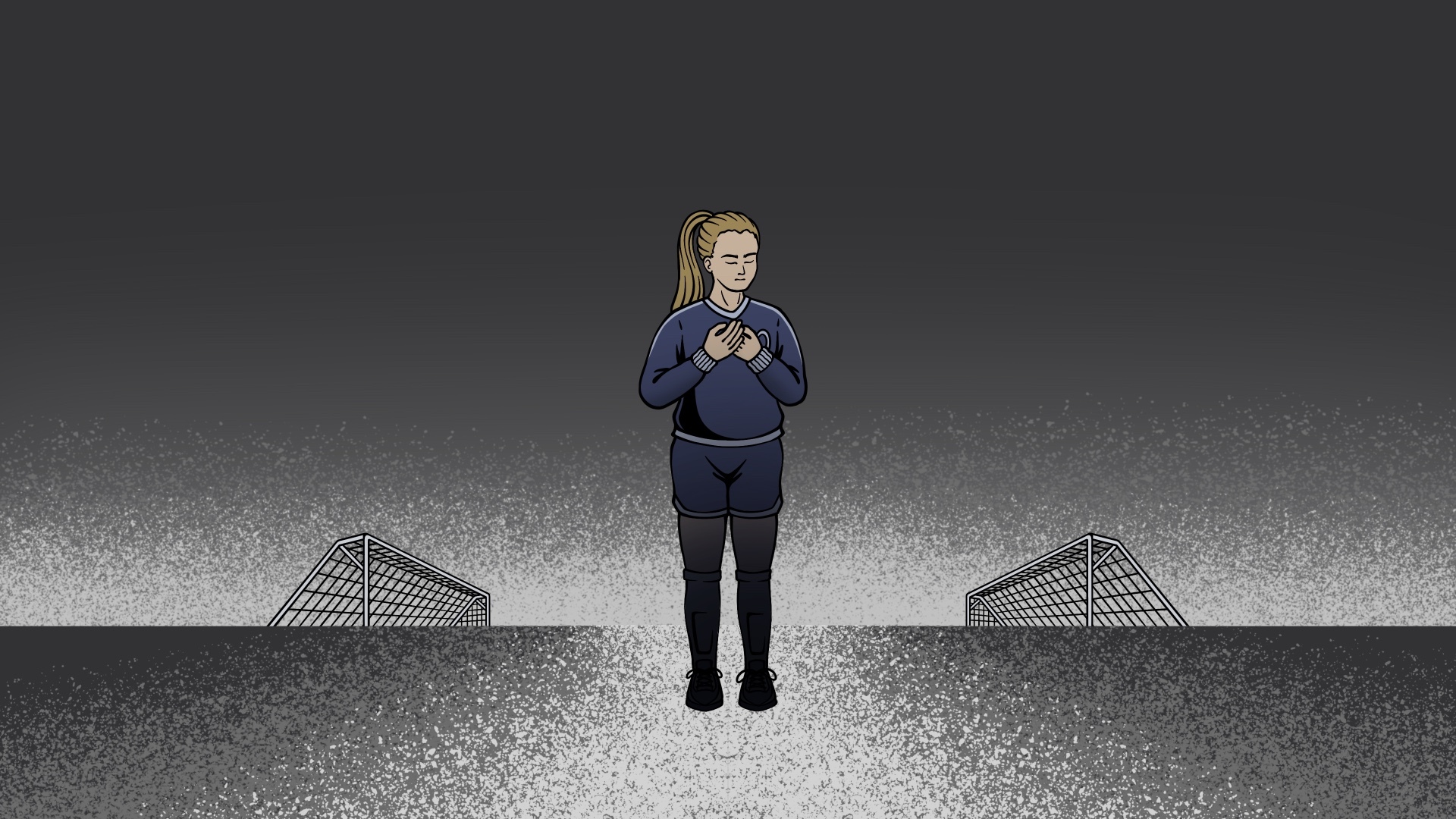Failure is Fuel
After reading Abby Wambach’s book, “Wolf Pack,” a few years ago, I was inspired to do something that changed my perspective on what failure looked and felt like. I hope that as we transition our athletic programs to include a mental skills component, it includes changing the definition of failure.
As the saying goes, “You cannot have success without failure,” and while everyone’s idea of what success is, failure is almost always a part of the road to success. The part that we need to work on is supporting our youth athletes with how to handle and prepare for this component, so it’s not consuming. Instead, have it viewed as part of a process of growth and finding our path. After all, would perseverance or grit even exist if we didn’t experience some kind of setback, bump in the road, or “failure”? Failure is also part of self-discovery.
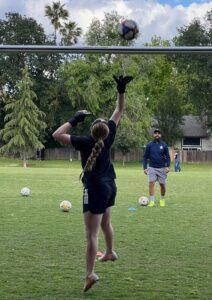
My first experience with what felt like crushing failure at the time–partly because I hadn’t grasped the importance of failure–was during a league championship game against my former team. There were a lot of emotions tied to this game. For one, it was a championship game and an opportunity for my team to showcase our season’s successes and development. Also, I was playing against a former team. I left this team a few seasons ago mainly because I wanted to further my skill development with a club that offered regular goalkeeping training.
Unfortunately, that was not well received by former coaches and teammates and intensified things whenever our teams played against each other. Therefore, I understood that this particular match would be filled with even more passionate energy.
When the game started, there were high emotions. During the first half of the game, no goals were scored by either team. During the last 5-8 minutes of the first half, I had been tackled inside the 18, and no card had been drawn. I secured the ball while making a low diving save and started feeling slightly rattled. I picked myself up, and after a few minutes, the first half ended.
It continued to be a very strong defensive game during most of the second half. Then during the last ten minutes, one of my teammates sent one into the back of the net. The other team’s keeper had not properly secured the ball. This elevated the game’s intensity as both teams were hungry for a win. It, unfortunately, also caused a few fouls. The first foul was on my team, so a free kick was awarded.
I got set and prepared, but a high ball lobbed right over me. The score was now tied 1-1, and only a few minutes left in the game. Then a handball just outside my box occurred. The other team was again awarded a free kick. And once again, a ball came screaming over my head and into the net despite my best efforts.
The game ended, and the other team celebrated in the middle of the field. My teammates and I left the field feeling defeated and crushed. I’d lost games before, but this one stood out from the rest. I felt personally responsible for this loss.
That night and a couple of weeks later, I stewed over my performance. I kept replaying those two last goals that I allowed in. I also kept watching the game footage over and over. I couldn’t shake the feeling that I had let my team down. Practices were frustrating. Any goal I allowed was almost validation of my failing all over again.
Then one day, when I was sitting in my loft, I noticed the book, “Wolfpack” by Abby Wambach that I got for Christmas. I picked it up and started to read it. So many simple yet powerful messages caught my eye and resonated with me, but chapter four of the book stood out the most. I had to read it a few times.
The chapter title read, “Old Rule: Failure means you’re out of the game. New Rule: Failure means you’re finally IN the game.” Abby shares a memory of being in the locker room of the US Women’s National team and seeing a picture taped to the door that every player would see when heading out to the training field. It was a picture of the Norwegian National team celebrating their win in the 1995 World Cup against the US.
To sum up, what I read, failure should not be feared but instead used as fuel. We should never deny or reject our failures or accept them as proof that we aren’t worthy. “Because we know that the lessons of yesterday’s loss become the fuel for tomorrow’s win.”
I immediately ran downstairs and played the game footage from my team’s loss again. Then, I fast-forwarded to the end of the video and took a picture of the other team celebrating. I printed this out and framed it. It now hangs on my bedroom wall with the words, “Failure =Fuel.” It’s a reminder of the day I learned not to allow moments like this to hold me back but rather to think about them as an opportunity for growth. It also reminds me of how far I have come since that day.
One of the skills I’m now best known for is my top-hand saves. After realizing Abby’s message and losing that match, I worked even harder on this skill. I no longer hold much stock in a win or loss. For me personally, it’s about what I excelled at, what needs improvement, and how I can be a better leader for my team on and off the field.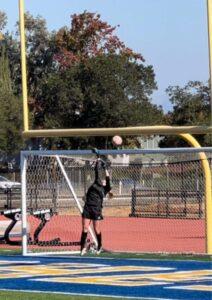
It’s important that we try to cultivate more of a growth mindset culture vs. a fixed one (i.e., win or lose) for athletes. We need to help give them the tools for how to be their best inner coach. I know I am still working on my inner coach and am hopeful that more and more education, training, and time will be put into helping others with this too.
I also want to thank Abby Wambach for so bravely sharing her experiences, as it “unleashed a power” within that changed the game for me. Thank you, Abby, and thank you to my Legacy Coaches for allowing me to take chances and learn from them.
_
GIRLS SOCCER NETWORK: YOUR SOURCE FOR GIRLS SOCCER NEWS



